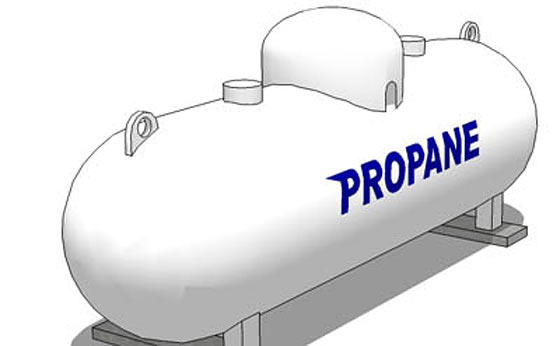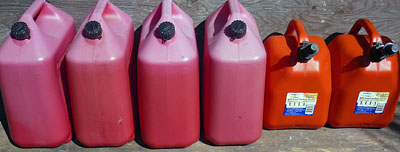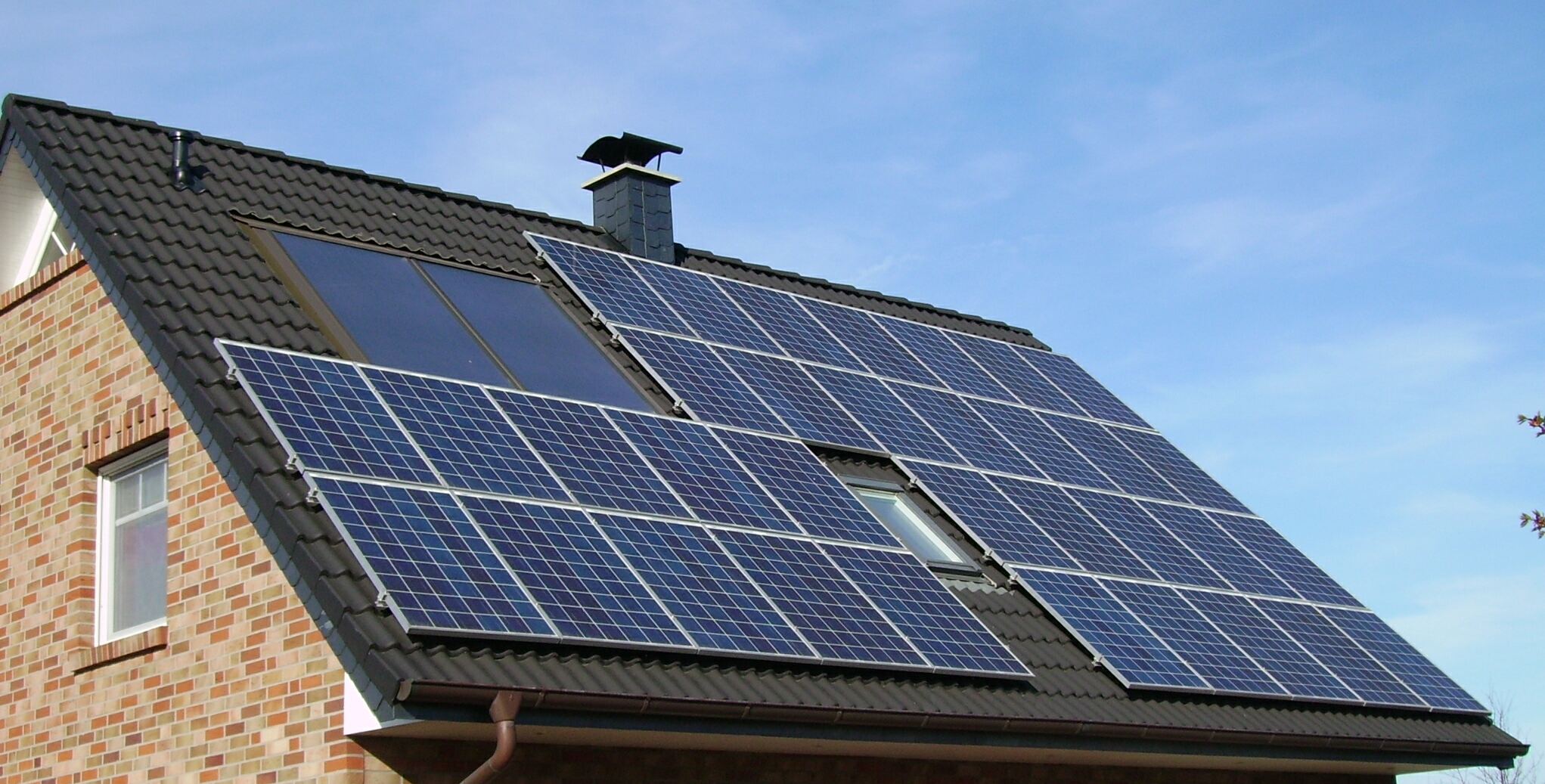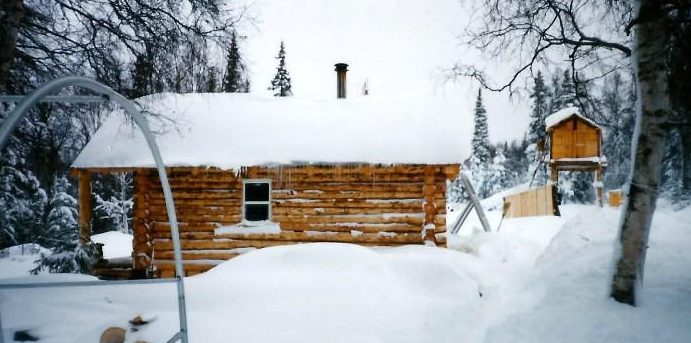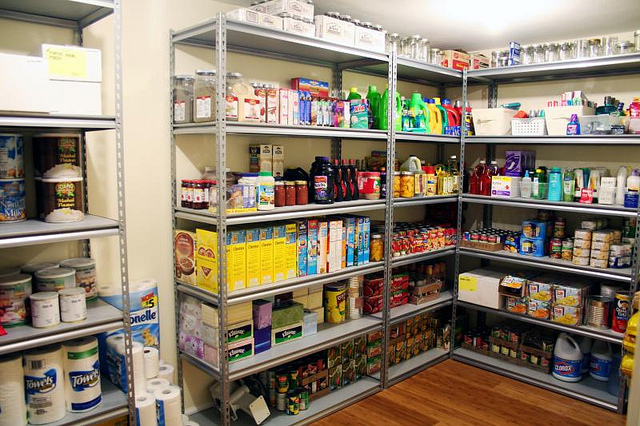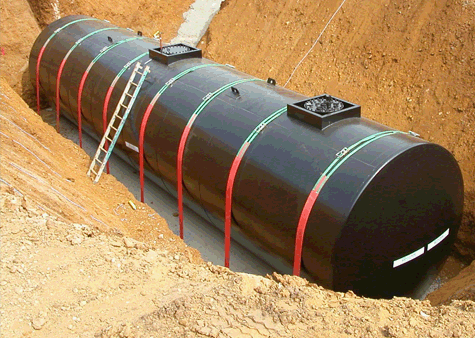Propane As An Energy Source- Part 2, by JB
Storage Tanks and Transfer of Propane (continued) Once the tank is full, the fill hose ball valve is closed (stopping flow into the tank), the tank bleeder is closed (if used), the pump is shut off, and then the tank valve closed, in that order. Double check that the hose and tank valves are closed. The small unloader valve between the hose ball valve and tank is opened to drain the liquid trapped between the two, so the hose adapter can be safely disconnected from the tank. Failing to bleed the liquid trapped between the tank and ball valve can …

